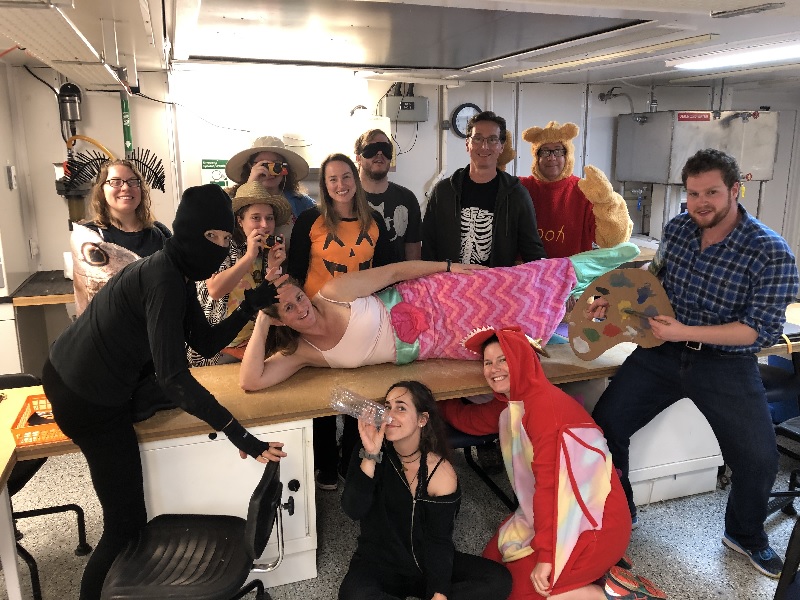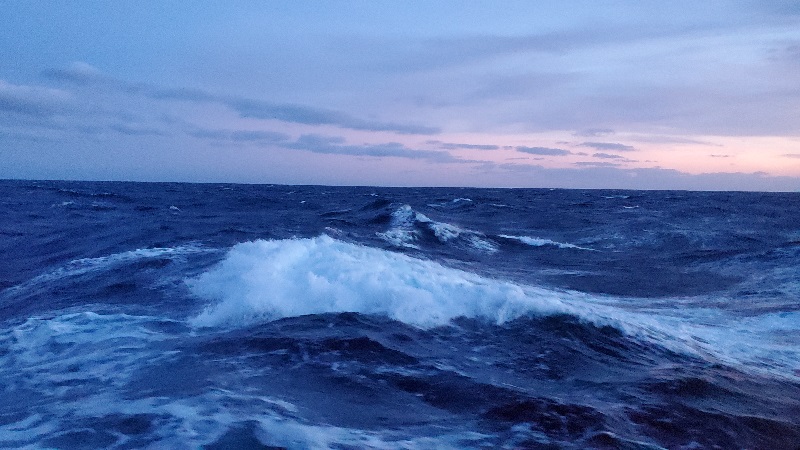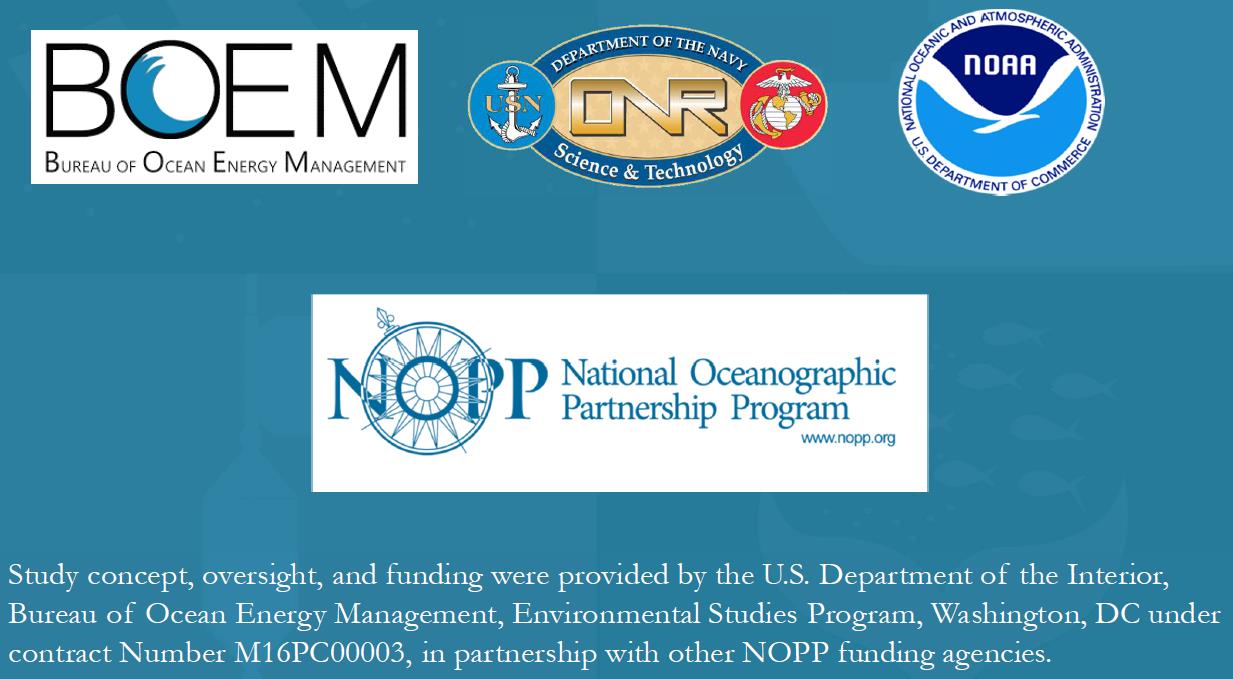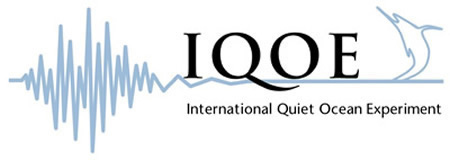Happy (day after) Halloween from the R/V Armstrong! The science crew made sure to make the best of our time while we were transiting by celebrating the holiday! The dry lab was decorated with numerous hand-drawn spooky monsters and critters such as Nessie who came all the way across the Atlantic to see us and other creatures of the night. Many of us also came ready with costumes ranging from Winnie the Pooh to tourists who found themselves on the wrong kind of cruise. And in a rare instance, both the day and night shift were able to play a variety of games together like Werewolf, Cribbage, and Monopoly Deal.

The day wasn’t all sunshine and rainbow. In fact, it was quite bumpy with not-so-light seas building. We have been traveling most of the day trying to find safe haven south of Cape Hatteras to avoid most of the weather; we are currently experiencing 30+ kt sustained winds and 10+ ft seas with the air pressure continuing to drop. On the Beaufort scale, we are bouncing somewhere between a Force 6 and 8. What is the Beaufort scale you ask? Technically, the full name is the Beaufort wind force scale, which was developed by Sir Francis Beaufort, an Irish hydrographer and naval officer. Basically, the scale describes wind speed in terms of observable conditions at sea and on land, such as rustling leaves and small ripples on a lake. For instance, a Force 7 usually entails “spindrift” (sometimes called “spoondrift”) whereby spray from cresting waves and trees beginning to sway back and forth. So while we are certainly safe, the current conditions are certainly not ideal for completing science. Thankfully, this storm appears to be making its way down the coast with all due haste, so we shouldn’t be delayed for that long!

Until next time!
-Brandyn Lucca (PhD student)


